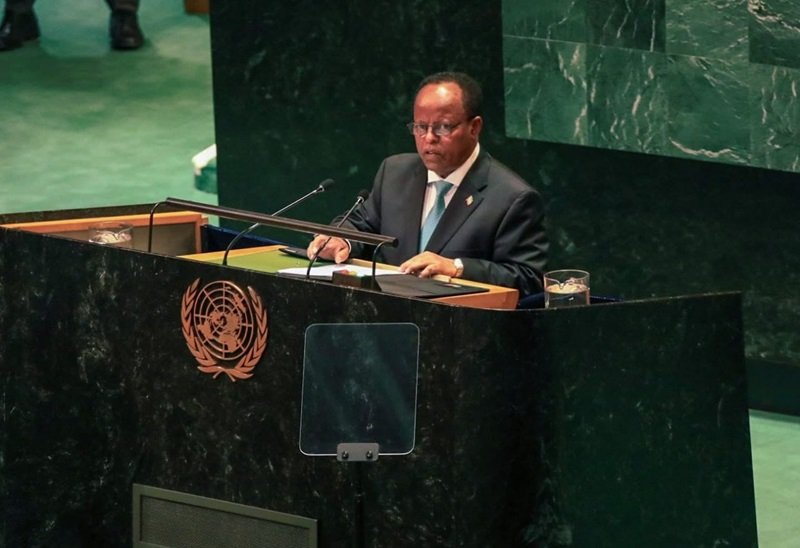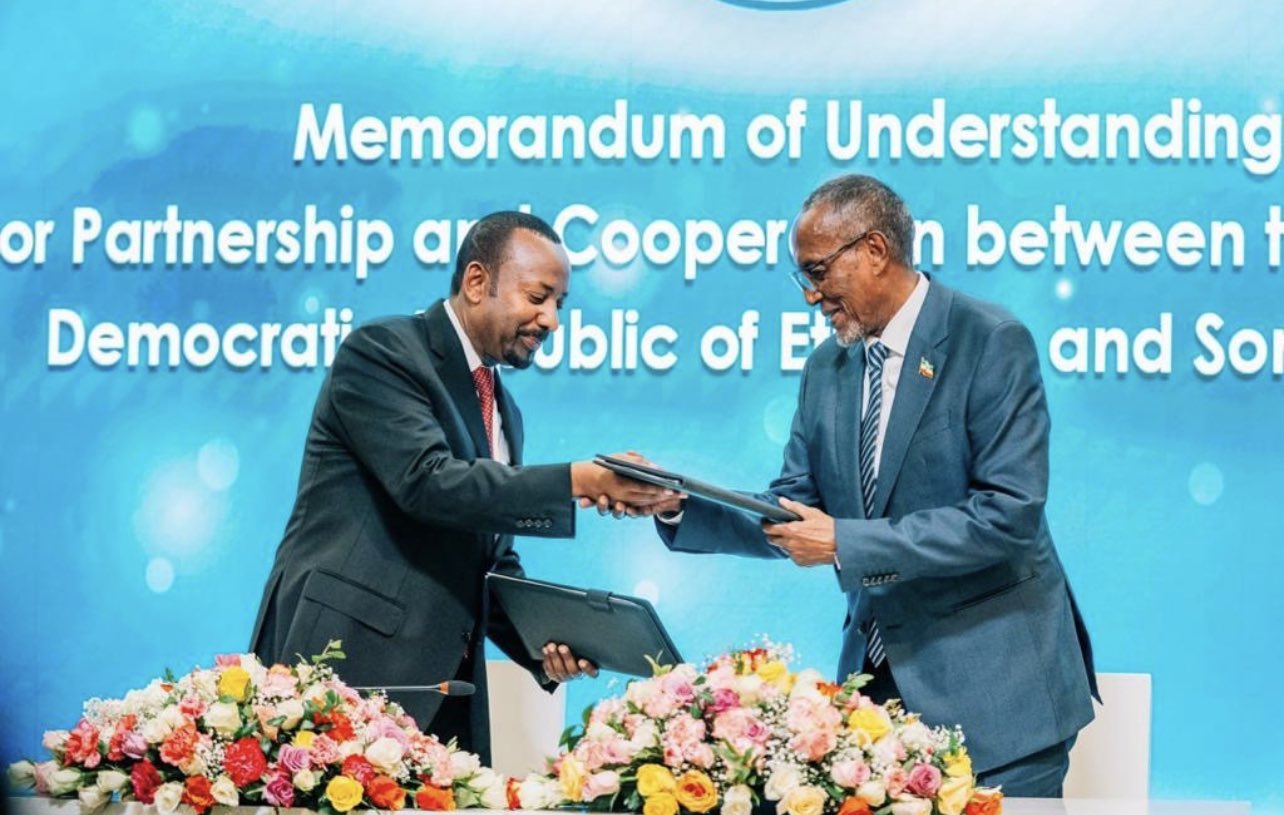
Ethiopia has defended its recent Memorandum of Understanding (MoU) with Somaliland, a move that has sparked widespread debate both domestically and regionally. The agreement, which focuses on economic cooperation and development, particularly around Berbera Port, has raised concerns among critics who question its implications on the delicate balance of power in the Horn of Africa.
The MoU, signed earlier this month, aims to strengthen trade ties and improve infrastructure connectivity between Ethiopia and Somaliland, a self-declared independent region of Somalia. Ethiopian officials argue that the agreement will boost the country’s access to critical trade routes, reducing its dependency on Djibouti’s port. The development of Berbera Port is seen as a strategic asset for Ethiopia’s landlocked economy, potentially reducing transport costs and boosting export competitiveness.
However, the deal has not been without controversy. Somalia, which does not recognize Somaliland’s independence, has voiced strong opposition to the agreement. Mogadishu has repeatedly emphasized that any international agreements involving Somaliland should be done through the federal government of Somalia. Critics within Ethiopia have also questioned whether the deal could strain diplomatic relations with Somalia, a key regional partner.

Ethiopian government spokesperson Legesse Tulu stated in a press conference that the MoU is purely economic and does not interfere with the sovereignty issues between Somalia and Somaliland. “Our interest is in fostering regional economic cooperation and ensuring Ethiopia’s access to strategic trade corridors. We respect Somalia’s territorial integrity, but our focus remains on development,” Tulu said.
Meanwhile, Somaliland’s government welcomed the MoU, calling it a “significant step” towards regional cooperation. Somaliland President Muse Bihi Abdi hailed the agreement as an opportunity to solidify the region’s economic autonomy and attract further international investment.
As the debate continues, analysts warn that while the MoU holds potential economic benefits, it also risks escalating tensions in the already volatile Horn of Africa, where geopolitical rivalries are often interwoven with economic interests.

GIPHY App Key not set. Please check settings